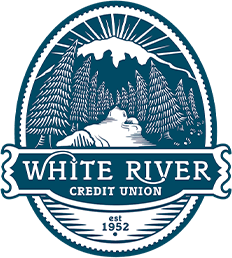
Defining a Credit Union vs. Bank
If you’re looking for the best option for a loan or savings account, you may come across the credit union vs. bank discussion. While some use the terms “credit union” and “bank” interchangeably, they are technically not the same. We will get into all the specifics later in the blog, but the biggest takeaway is that for-profit institutions run banks, and not-for-profit credit unions are run by their members.
What Is a Credit Union?
Alright, let’s take a deeper dive into the facts. We know credit unions are run by their members, but what does that mean? While a bank seeks to earn a profit, credit unions are nonprofit organizations that serve their members. A credit union does offer similar services to a bank, including loans, credit and debit cards, and deposits. But unlike a bank, there are certain requirements a person must meet to become a credit union member.
Usually, those requirements involve living locally near the credit union, working for specific employers, or having a family member that is a current credit union member. There are almost 5,000 credit unions in the U.S., so most people can find at least one they qualify for. When you’re ready to start your search, check out the National Credit Union Administration’s (NCUA) Credit Union Locator tool to find a credit union near you.
The Pros and Cons of Credit Union vs. Bank
So which makes the most sense for you? Take a peek at the pros and cons of credit unions vs. banks.
Pros of credit unions:
- Member-owners have a say in how things are run (no stockholders)
- Lower loan interest rates
- Excellent financial literacy resources
- Deposits are federally insured like banks
- Little to no ATM fees
- Lower deposit requirements to open an account
Cons of credit unions:
- Less financial product offerings
- Fewer branch locations
Pros of banks:
- A surplus of banking features and tools
- More physical banking locations
- More product offerings
Cons of banks:
- Rigid eligibility requirements
- Higher transaction fees and interest rates
- Run by stockholders
Which Financial Option Is Right for Me?
We’re not here to choose a financial institution for you. We want to give you the facts and resources you need to make an informed decision that supports your financial future. If you want to learn more about the difference between a bank and a credit union, check out this educational blog post here.
Thinking About Becoming a Credit Union Member?
If you’re interested in becoming a White River Credit Union member, visit our Resource page for application forms and learning tools to help answer your inquiries. Even if you decide a credit union isn’t right for you, we’re happy to be part of your journey!



